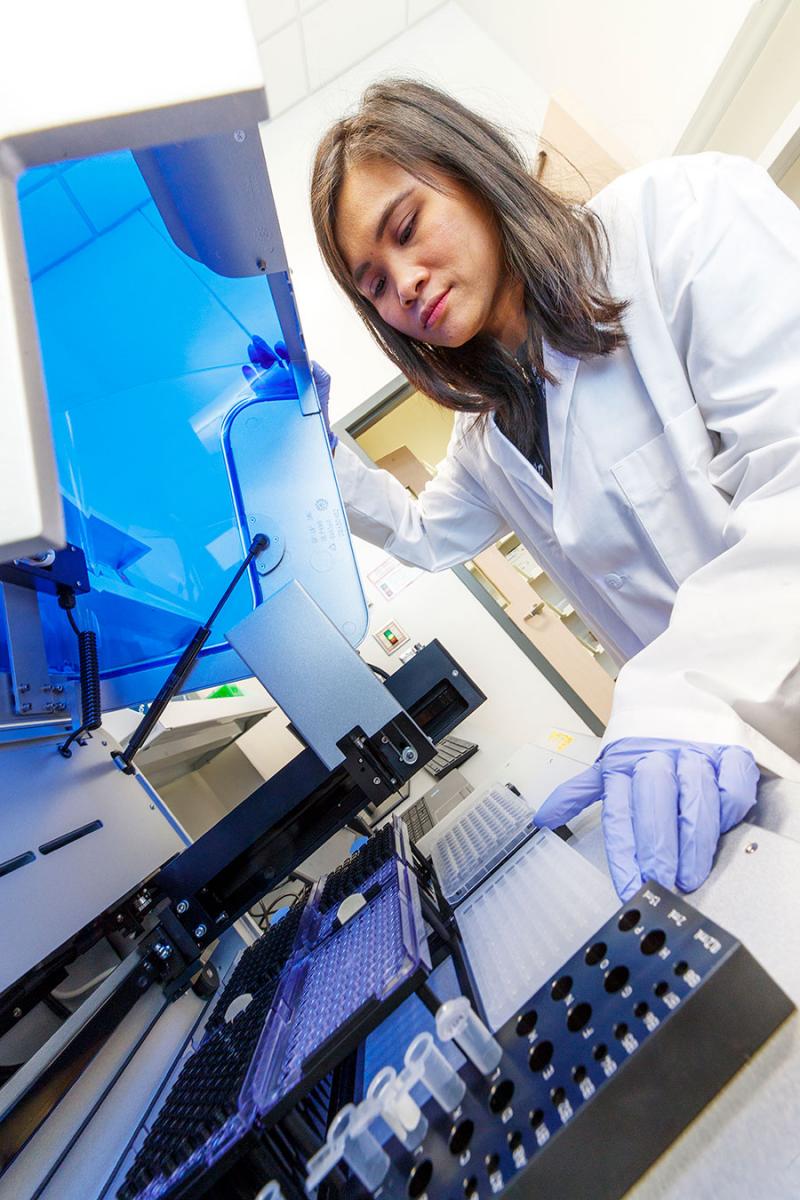Keeping your pets healthy, diagnostic exams plays a vital role. Pet diagnostic labs assist in diagnosing illnesses for our beloved pets.
Through this guide, we’ll discuss the importance of veterinary testing and highlight key tests.
Understanding Veterinary Labs for Pets
Veterinary testing centers examine biological specimens to guide treatment plans. They employ expert technicians to offer precise information.

Main purposes of veterinary labs include:
- Early detection of illnesses: Improves recovery chances.
- Monitoring ongoing conditions: Provides continuous care insights.
- Evaluating care plans: Optimizes pet care.
Common Veterinary Tests for Dogs and Cats
Pet testing services conduct various tests to assess medical conditions. Essential health checks include:
- Blood workups: Check for infections.
- Urine diagnostics: Identify kidney problems.
- Intestinal health exams: Identify worms or parasites.
- Allergen identification: Diagnose environmental or food allergies.
- Radiographic testing: Evaluate organ function.
análises clínicas veterinária
laboratorio veterinario 24 horaslaboratório veterinario
Why Routine Exams Are Important for Pets
Regular veterinary testing helps prevent serious issues. Through preventative measures, you can avoid costly emergencies.

The value of regular diagnostics include:
- Enhanced quality of life: Ensuring effective care helps pets remain active and happy.
- Preventative savings: Managing minor issues promptly saves resources down the road.
- Confidence in their well-being: Stay informed about their health.
Conclusion: The Value of Veterinary Labs for Pet Health
Veterinary laboratories help keep pets healthy in giving them the best care possible. With ongoing lab evaluations, you protect them from preventable illnesses.
Don’t wait—take action now to keep your pets thriving!